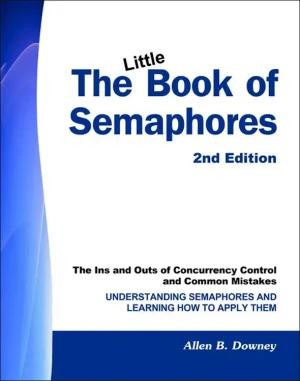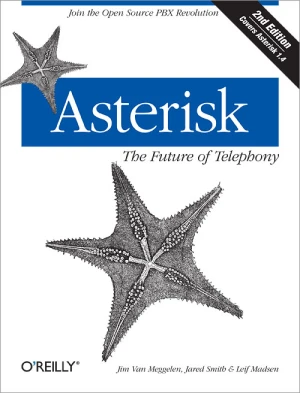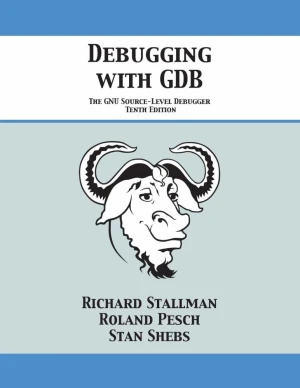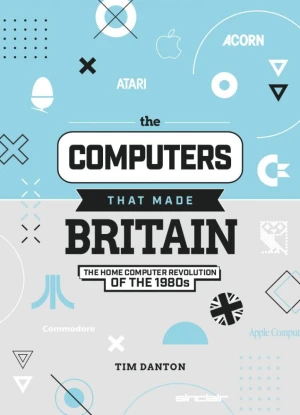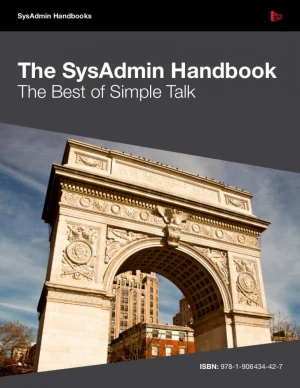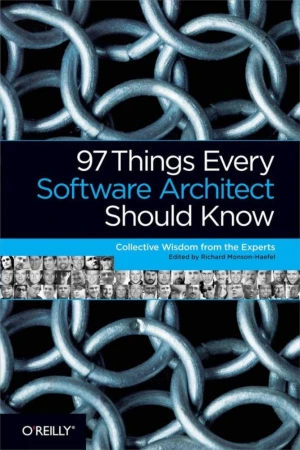The Boost C++ Libraries, 2nd Edition
Introduces 72 libraries with more than 430 examples
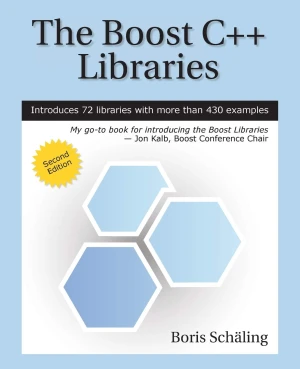
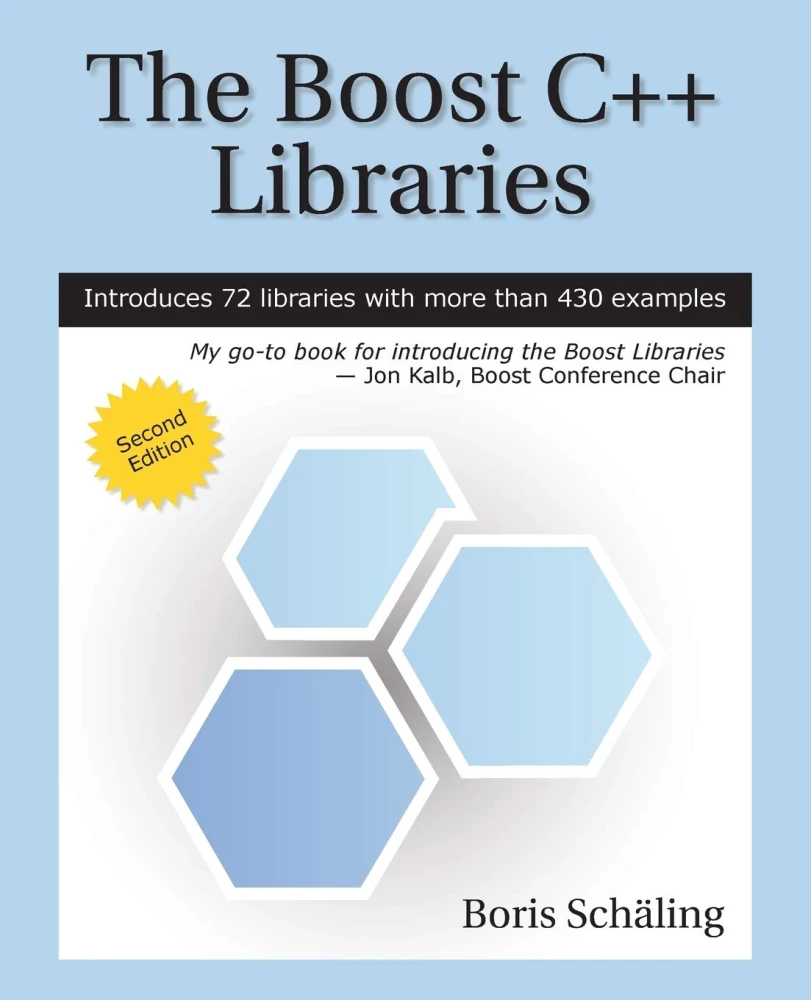
Book Details
| Author | Boris Schäling |
| Publisher | XML Press |
| Published | 2014 |
| Edition | 2nd |
| Paperback | 389 pages |
| Language | English |
| ISBN-13 | 9781937434366 |
| ISBN-10 | 1937434362 |
| License | Creative Commons Attribution-NonCommercial-NoDerivatives |
Book Description
The Boost C++ Libraries introduces 72 Boost libraries that provide a wide range of useful capabilities. They help you manage memory and process strings more easily. They provide containers and other data structures that go well beyond what the standard library offers. They make it easy to build platform-independent network applications. Simply put, these 72 libraries greatly expand your C++ toolbox.
The 2nd edition contains more than 430 examples. All examples are as short as possible, but they are complete, so you can compile and run them as is. They show you what the Boost libraries offer and give you a head start on using the libraries in your own applications.
The goal of this book is to increase your efficiency as a C++ developer and to simplify software development with C++. The Boost libraries introduced in this book will help you write less code with fewer bugs and finish projects faster. You code will be more concise and self-explanatory and more easily adapted when requirements change.
The 2nd edition is based on the Boost libraries 1.55.0 and 1.56.0 with the latter version having been released in August 2014. The examples are based on C++11 and have been tested with Visual Studio 2013, GCC 4.8 and Clang 3.3 on various platforms. For Boost libraries which were incorporated into the C++11 standard library, differences between Boost and the standard library are highlighted.
The Boost libraries are one of the most important and influential open source C++ libraries. Their source code is available under a permissive free software license. Several Boost libraries have been incorporated into the C++11 standard library. The Boost libraries are developed and supported by the Boost community - a worldwide developer community with a strong interest in pushing C++ boundaries further.
This book is available under a Creative Commons Attribution-NonCommercial-NoDerivatives license (CC BY-NC-ND), which means that you are free to copy and distribute it, as long as you attribute the source, don't use it commercially, and don't create modified versions.
If you enjoyed the book and would like to support the author, you can purchase a printed copy (hardcover or paperback) from official retailers.
Download and Read Links
Share this Book
[localhost]# find . -name "*Similar_Books*"
The Little Book of Semaphores, 2nd Edition
The Little Book of Semaphores is a free textbook that introduces the principles of synchronization for concurrent programming. In most computer science curricula, synchronization is a module in an Operating Systems class. OS textbooks present a standard set of problems with a standard set of solutions, but most students don't get a good understandi
Asterisk: The Future of Telephony, 2nd Edition
This bestselling book is now the standard guide to building phone systems with Asterisk, the open source IP PBX that has traditional telephony providers running scared! Revised for the 1.4 release of the software, the new edition of Asterisk: The Future of Telephony reveals how you can save money on equipment and support, and finally be in control
Debugging with GDB, 10th Edition
The GNU Debugger allows you to see what is going on "inside" a program while it executes - or what a program was doing at the moment it crashed. GDB supports C, C++, Java, Fortran and Assembly among other languages; it is also designed to work closely with the GNU Compiler Collection (GCC). The GNU Debugger Program has four special features that he
The Computers That Made Britain
The home computer boom of the 1980s brought with it now iconic machines such as the ZX Spectrum, BBC Micro, and Commodore 64. Those machines would inspire a generation. Written by Tim Danton. The Computers That Made Britain (300 pages, hardback) tells the story of 19 of those computers - and what happened behind the scenes. With dozens of new inter
The SysAdmin Handbook
Over the past two years, Simple-Talk has published articles on a variety of SysAdmin topics, from Exchange to Virtualization, and including everything from Powershell to Unified Messaging. We have brought the best of these articles together to form The SysAdmin Handbook. With over fifty articles packed into this book, it will be an essential refere
97 Things Every Software Architect Should Know
In this truly unique technical book, today's leading software architects present valuable principles on key development issues that go way beyond technology. More than four dozen architects - including Neal Ford, Michael Nygard, and Bill de hOra - offer advice for communicating with stakeholders, eliminating complexity, empowering developers, and m

